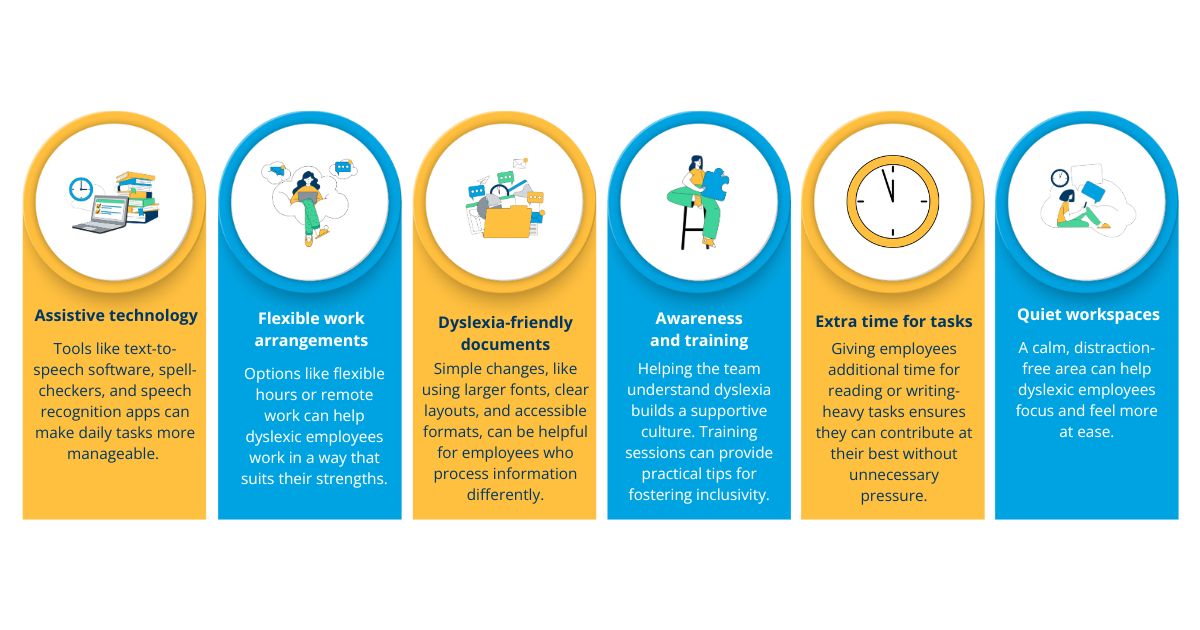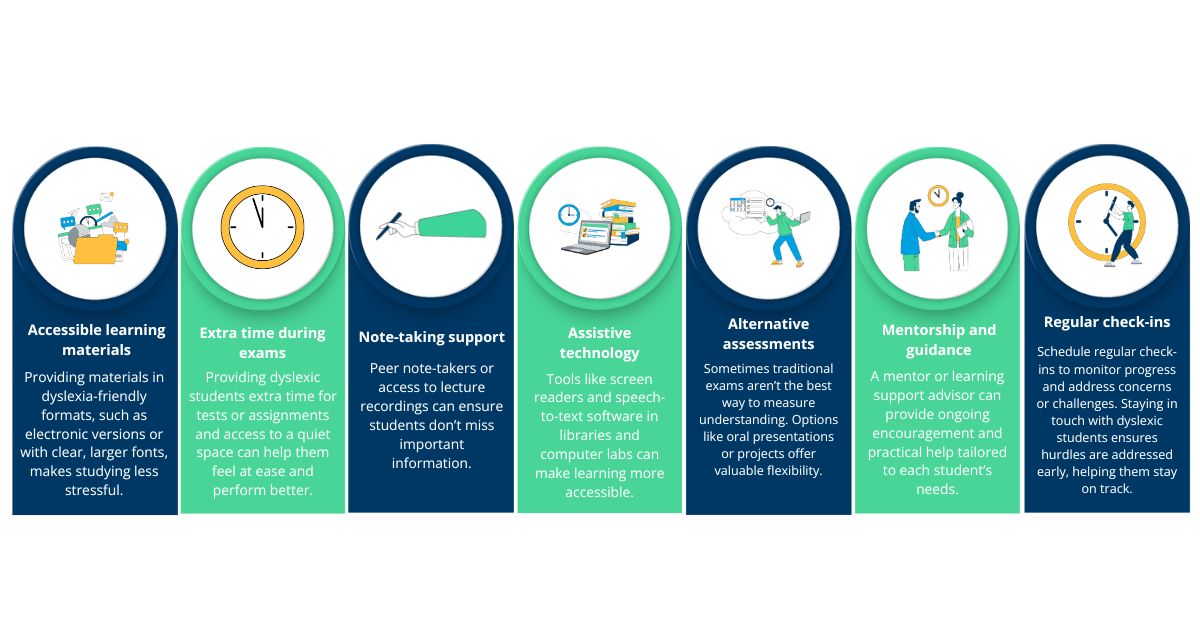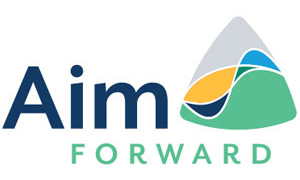What is dyslexia?
Dyslexia is a specific learning difficulty affecting reading, writing, and spelling, but is dyslexia officially considered a disability in the UK? Understanding how dyslexia is legally classified and what adjustments can be made to support individuals in workplaces and schools is vital for fostering inclusivity and success. In this blog, we’ll explore whether dyslexia is recognised as a disability, what reasonable adjustments are, how they can help, and how simple changes can make a big difference for dyslexic people. We’ll also explain how you can access a dyslexia assessment with Aim Forward.
Is dyslexia classed as a disability?
In the UK, dyslexia is recognised as a disability under the Equality Act 2010. This recognition isn’t just a label, it’s a powerful step forward in ensuring that individuals with dyslexia are treated fairly and have the tools they need to thrive. The Equality Act protects dyslexic people from discrimination and encourages workplaces and schools to support their needs.
Supporting dyslexic employees: reasonable adjustments in the workplace
Employers have a legal responsibility to make reasonable adjustments to accommodate dyslexic employees. Reasonable adjustments might include:

Supporting dyslexic students: reasonable adjustments in education
Schools, colleges, and universities must make reasonable adjustments for dyslexic students. Here are some ways to create an inclusive learning environment:

Accessing a dyslexia assessment
Dyslexia is legally recognised as a disability in the UK and as a condition that deserves understanding and support. This classification ensures dyslexic people have specific rights and protections in the workplace and education. By making reasonable adjustments, employers and educators can empower dyslexic individuals to thrive. These changes don’t just benefit those with dyslexia, they help create a more inclusive, compassionate world. If you think you might be dyslexic and are interested in getting a dyslexia assessment, we’re here to help.
Your dyslexia assessment with Aim Forward
At Aim Forward, we’re proud to have supported over 2,000 people with dyslexia to thrive. We provide diagnostic and needs assessments to help you understand how you learn and work. We’ll work with you to create personalised strategies to help you excel. We’ll also recommend different assistive technologies and AI to support your reading and writing.
Diagnostic dyslexia assessment with Aim Forward
Getting a diagnosis of dyslexia can help provide you with specific terms for your experiences. It can also help you access support like Access to Work, Disabled Students’ Allowance or exam arrangements.
Our diagnostic assessors are Educational Psychologists registered with the HCPC or British Chartered Psychological Society, or Specialist Assessors with an Assessment Practicing Certificate from AMBDA, PATOSS or Dyslexia Guild.
Explore our diagnostic assessments, and how they could help you better understand yourself.
Needs assessment with Aim Forward
Our needs assessments can help you understand how you learn and work, whether you have a dyslexia diagnosis or believe you are dyslexic. We’ll help you with personalised strategies and practical suggestions to help you maximise your strengths and overcome barriers.
A needs assessment is a relaxed, friendly discussion with one of our knowledgeable assessors to find the right tools for learning and working your way.
Discover how a needs assessment can help you to excel.
Get in touch to book an assessment or chat with one of our team.


Recent Comments